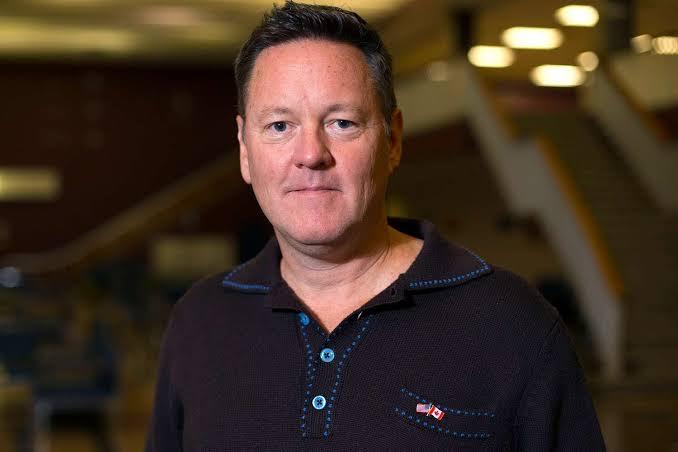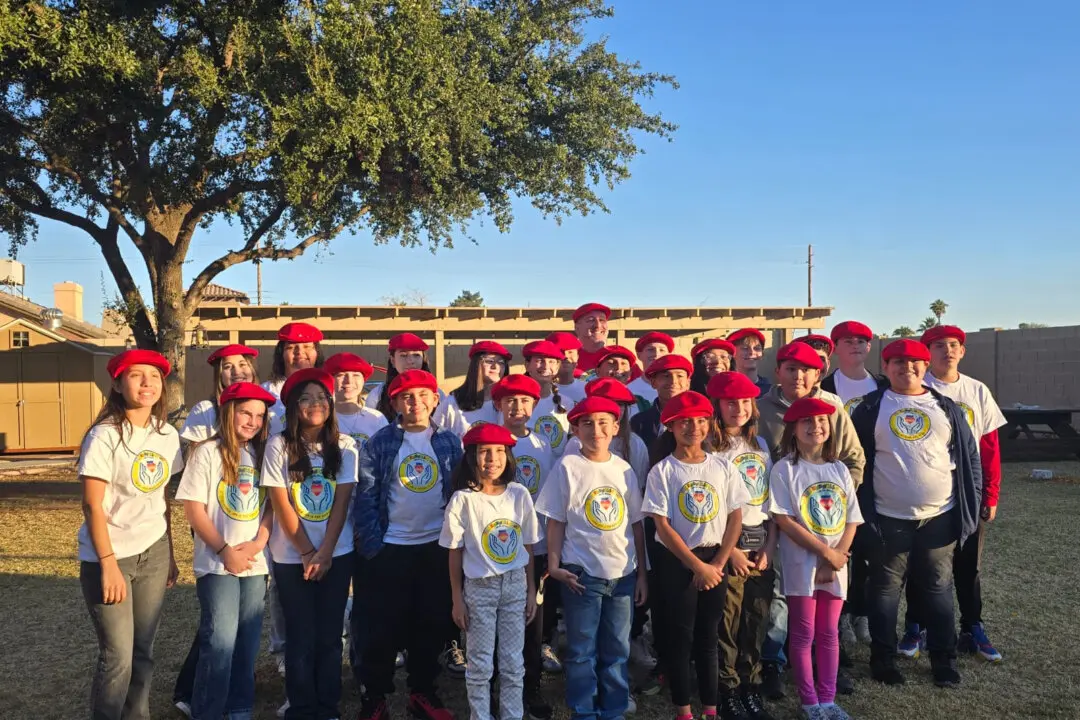As Kevin Tuerff knows on a deeply personal level, acts of kindness from total strangers can have an impact that lasts a lifetime. In 2020, the 57-year-old founded a nonprofit charitable organization called Pay it Forward 9/11 in direct response to the extraordinary acts of kindness he and 7,000 other airline travelers experienced when their planes were diverted to Gander, Newfoundland in Canada on September 11, 2001. “The words ‘United We Stand’ were pervasive across the world in the year following the 9/11 attacks,” Tuerff said. “I believe that by encouraging more acts of kindness to strangers, we can become more unified, not just in the United States but around the world.”
On September 11, 2001, Tuerff was returning to his home in Austin, Texas on an Air France flight from Paris through New York City. Along the way, he suddenly noticed that the plane had started a descent. Checking the GPS screen, he saw that the plane had taken a sharp turn to the north: “It looked like we were heading straight to the North Pole,” he said. “The pilot said, in French, ‘Something, something terrorist’” and then finally in English, “Due to terrorist attacks on the United States, we will be landing in Gander’. And that was it. I didn’t know if Gander was in Iceland, Greenland, or Canada.”





